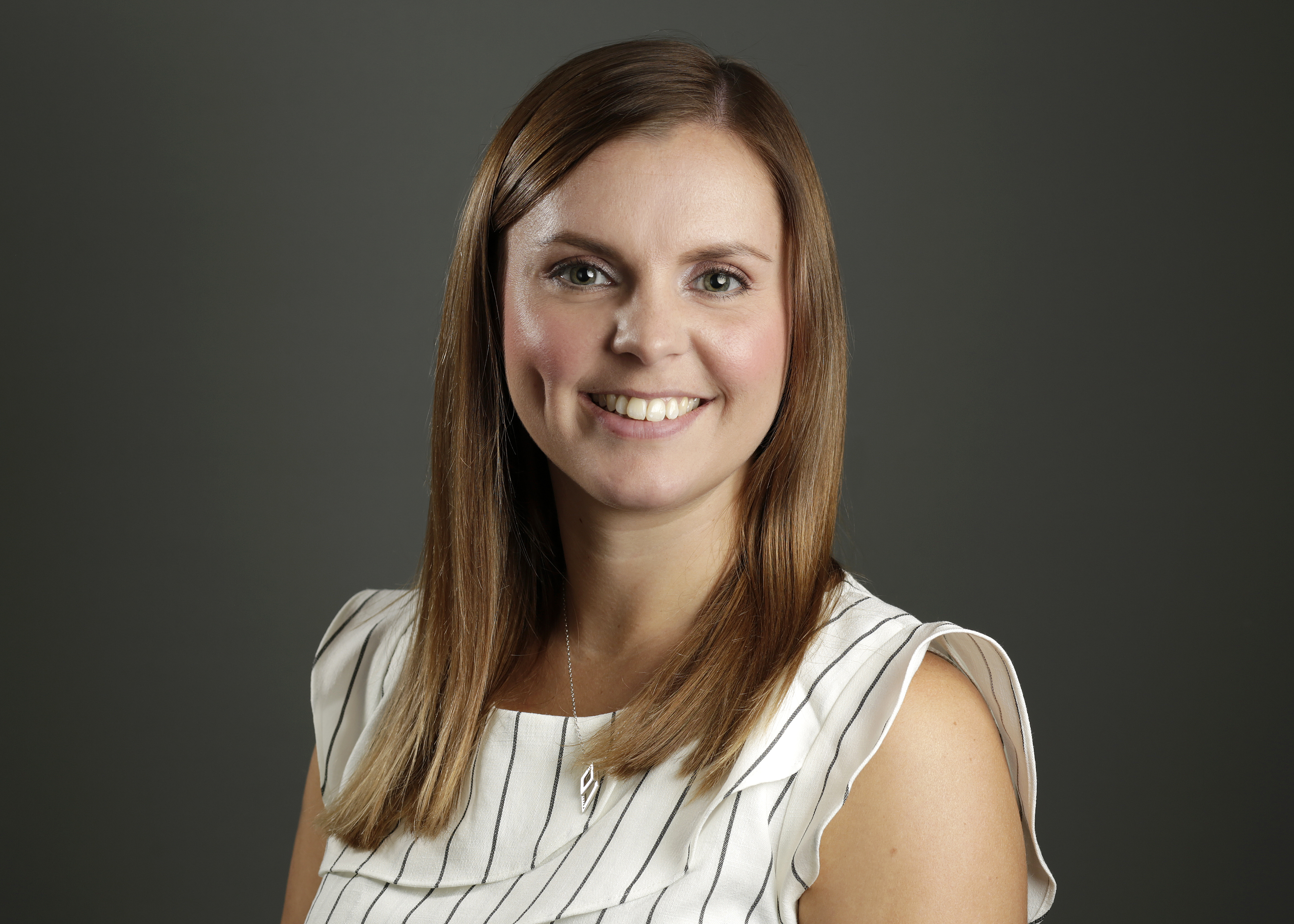What to ask when looking for a financial adviser
According to research*, we have already passed the date (19th January) on which most people are likely to give up their New Year’s resolutions. Well done to those of you who have kept going past “Quitters Day”! However, if 2020 is the year in which you have promised yourself you’ll finally get your finances in order, then the good news is that there’s still plenty of the year left.
If you are thinking of working with a financial adviser, it is important that you find an adviser that you are comfortable with and trust to look after your financial affairs. Before appointing an adviser, it is a good idea to speak to a few different firms so that you can compare the level of service offered and find an adviser that is the best fit for you.
Here at Mearns & Company, we appreciate that appointing an adviser is a big decision and we understand that potential clients are likely to have several questions they want to ask before deciding whether or not to proceed. With that in mind, here are some of the top questions that we think you should be asking your potential financial adviser at the initial meeting stage:
What is your charging structure?
All advice costs. In the past, advisers did not have to tell clients how they made their money, so it was often difficult to work out how much you were being charged overall. Now all advisers must disclose their charging structure before engaging with a new client. There are different ways in which charges can be applied. For example, some firms will charge by the hour, others may charge a fixed fee, or the initial cost may be based on a percentage of the value of your investment/pension pot.
We have always been a fee-based advisory firm. Our proposed initial fee is based on the time it will take to carry out our review and analysis, draft the report, conduct a meeting to discuss the report with the client and the implementation of the agreed recommendations. We also offer an on-going holistic planning review service. Our ongoing advice fee is 0.75% a year on the first £1M of investments that we manage and 0.25% on the balance.
What do I get in return for paying on-going fees?
If you are going to be paying fees on an ongoing basis, it is important that you have a clear understanding of what you will receive in return. Will the ongoing fees provide you with a formal review service? If so, how frequently will the reviews take place? Will the review take your wider financial affairs into consideration, or only cover the investment/pension portfolio the adviser is managing on your behalf? Will the ongoing fees cover any additional investment advice you might need?
How will I benefit from the ongoing review service? Is it worth it?
As well as understanding the practicalities of what you will receive in return for your ongoing fees, it is equally important to consider the benefits of an ongoing review service. It’s all very well sitting in a meeting or getting a written valuation of your investment each year, but what else will an on-going review service provide in terms of benefits to you?
To give you an idea of what these could be, our holistic financial planning review service includes the following:
• Review of your portfolio performance
• Review of your wider financial affairs
• Tracking progress against agreed financial goals
• Cashflow planning
• Tax planning
• Estate planning
• Income review and management
• Recommendations
Our clients talk about the peace of mind they get and I think that intangible benefit is something that should always be considered if you considering paying for financial advice.
Do you have many clients who are in a similar position to me?
Most financial advisers will have a “typical” client. For some, this may be clients with a certain amount of money to invest, others may specialise in helping clients during the transition to retirement. It is always worth finding out if an adviser specialises in a particular area of financial advice, and if they have a lot of experience advising clients in a similar position to you.
Summary
If your plans for 2020 include engaging with a financial adviser, have a think about asking them the questions I have set out above.
I know I’m biased, but I think getting your financial affairs in order, and then monitoring your progress towards your financial goals, can be one of the most important actions you can take. Don’t give up your 2020 resolution!
Katrina Ross DipPFS

*Research conducted by Strava






